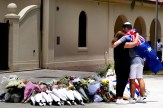Northeastern University law graduate Danielle Ponder ended her career as an attorney to become a professional singer

Danielle Ponder was a lawyer. She is now a professional singer. The transition makes perfect sense to her.
Danielle Ponder and the Tomorrow People have toured in Europe and opened for the likes of George Clinton, Ledisi, and The Roots. They released their first record in 2016, Blow Out The Sun, and Ponder created an acclaimed multi-media show, For the Love of Justice, that addressed issues of feminism and criminal and racial justice.
Her soulful performances have been inspired by the Northeastern law degree that Ponder earned in 2011, and the doors of insight that were flung open for her.
“My brother went to prison when I was 16,” Ponder says quietly, with a sultry depth that hints at her powers on stage. “He was sentenced to 20-years-to-life—for a robbery. He received that sentence because of mandatory minimums.”
She was referring to the controversial mandatory minimum sentence laws enacted in the 1970s and 1980s, which were aimed primarily at drug dealers. Critics like Ponder insist that the practice has backfired: They argue that hardline laws have disproportionately affected people of color, overwhelming American prisons with too many inmates while failing to curtail the drug trade.
“So I went to law school, wanting to change that system,” Ponder says. “I was never going to work for a firm or some corporation.”
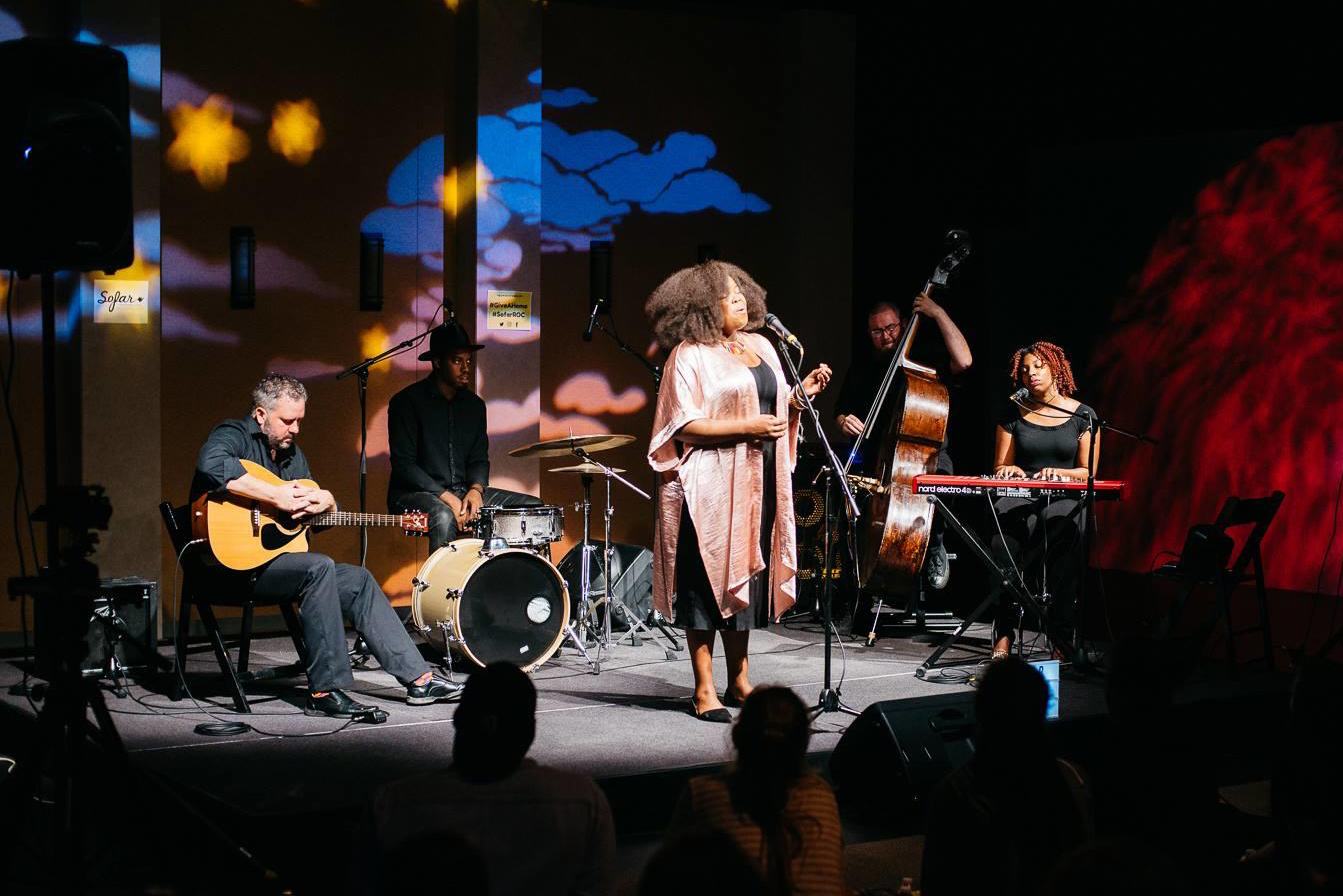
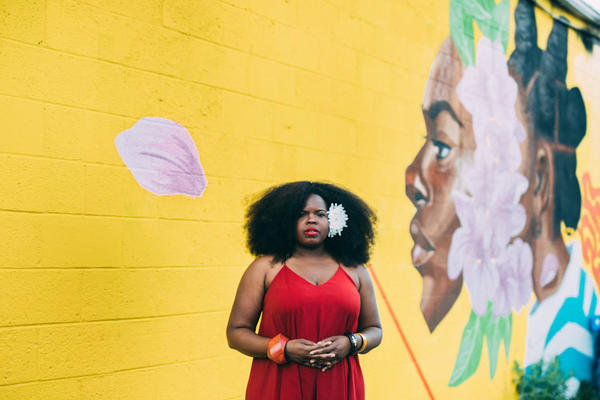
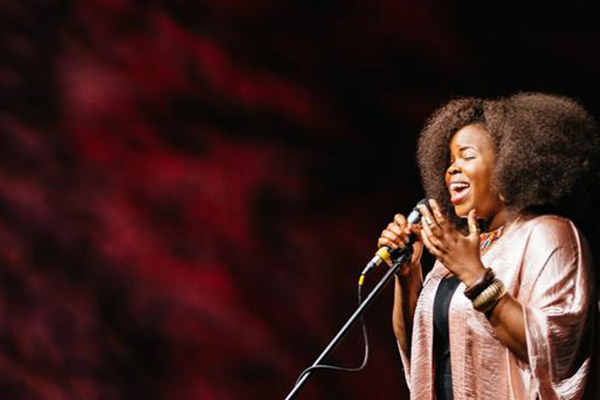
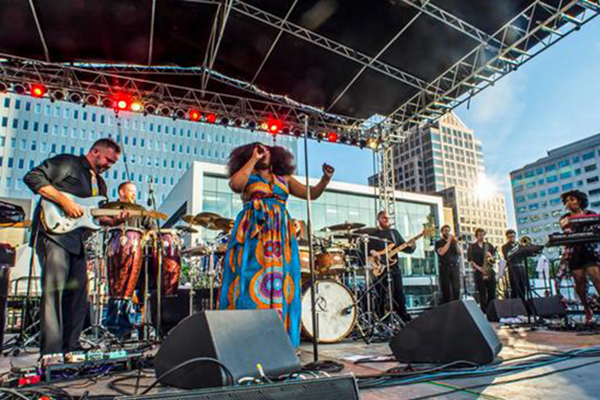
After law school, she moved home to Rochester, New York, to become a public defender.
“I’m just flabbergasted still to this day at how backwards our criminal justice system is,” Ponder says. “How much money we waste.”
Five years in the Monroe County Public Defender’s Office in Rochester taught Ponder how difficult it is to change a system that she believes is burdened with too many prosecutions and excessive sentences. The great majority of her defendants were not accused of violent crimes.
“I was not aware of the inequity and the indifference in our system, and how many poor people are brought into the system for minor infractions,” she says. “It broke my heart to see people taken away from their children for minor offenses, or not even convicted of anything, just because they can’t pay bail. It’s like, literally, you’re sitting in jail just because you’re poor.”
By day, she was defending the rights of those who could not afford lawyers. At nights and on weekends, the same pursuit of justice was propelling her performances on stage. She had started singing at age 16, and began writing songs in what she calls the “self-righteous” phase of her early 20s.
“That’s when all my music became very political,” she says.
Her experiences as a public defender have endowed her music with purpose and perspective. Her singing communicates the sincerity and passion that used to define her closing arguments to the judge and jury.
“I can’t think of a more amazing job than to be a public defender,” Ponder says. “To be able to advocate for someone’s humanity, when everyone in the room is saying, ‘You’re a criminal.’ You get to be the one person in that room that finds the good in that person.
“There’s something beautiful about saying, ‘I’m going to advocate for you no matter what. This is who you are, this is what you’ve done. But here I am: I’m still here for you.’”
She expresses the same sense of advocacy, lyrically and spiritually, in her concerts.
“I would say that all of my music is about empowerment, whether it’s empowering yourself or empowering others,” Ponder says. “It’s always about being lifted up in some way. I describe it as love: romantic love, the love for yourself, and the love for others—and that is justice.”
Her brother, Dwayne Ponder, is out of jail, off probation, and working full-time. But his influence over her storytelling has not waned.
“My brother’s son is incarcerated right now, for almost the same amount of time,” she says. “And I wonder what his life would have been like if my brother was home. It’s not that my brother didn’t do something wrong. But did he need 20 years for a crime where no one was injured? Twenty years?
“So it has collateral consequences,” she says of the criminal justice system. “We’re just not looking enough at how we’re hurting people and hurting communities.”
Last January, during a weeklong celebration of Martin Luther King Jr., Ponder was invited back to her alma mater to perform at the premier of the Northeastern Films documentary Murder In Mobile. She found herself being interviewed on stage by Northeastern president Joseph E. Aoun.
“Tell me about your journey from law to music,” he said.
She told her story. And then, in song, Ponder revealed her heart as she never could have in the courtroom.
“I realized that once you go to our law school,” Aoun said, “you graduate with a magnificent voice.”
You could say it also worked the other way. The law degree and all the experiences that followed have given strength and conviction to Danielle Ponder’s voice.
For media inquiries, please contact media@northeastern.edu.

